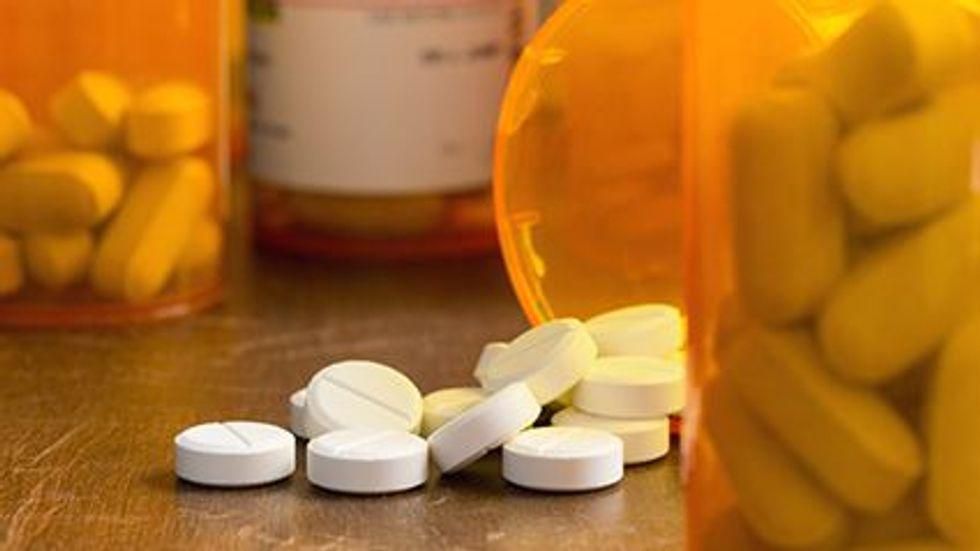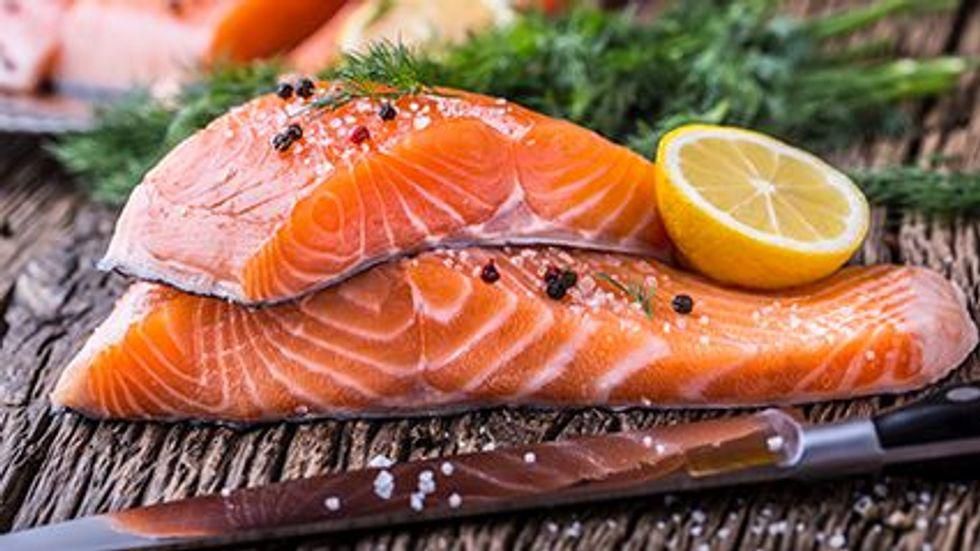
Belly fat. No one wants it, but women are much harder on themselves about extra pounds wrapped around their middle than men are, regardless of how much they weigh. And the more they beat themselves up about their “spare tire,” the more likely women are to gain weight in this high-risk area, new research suggests.… read on > read on >






























